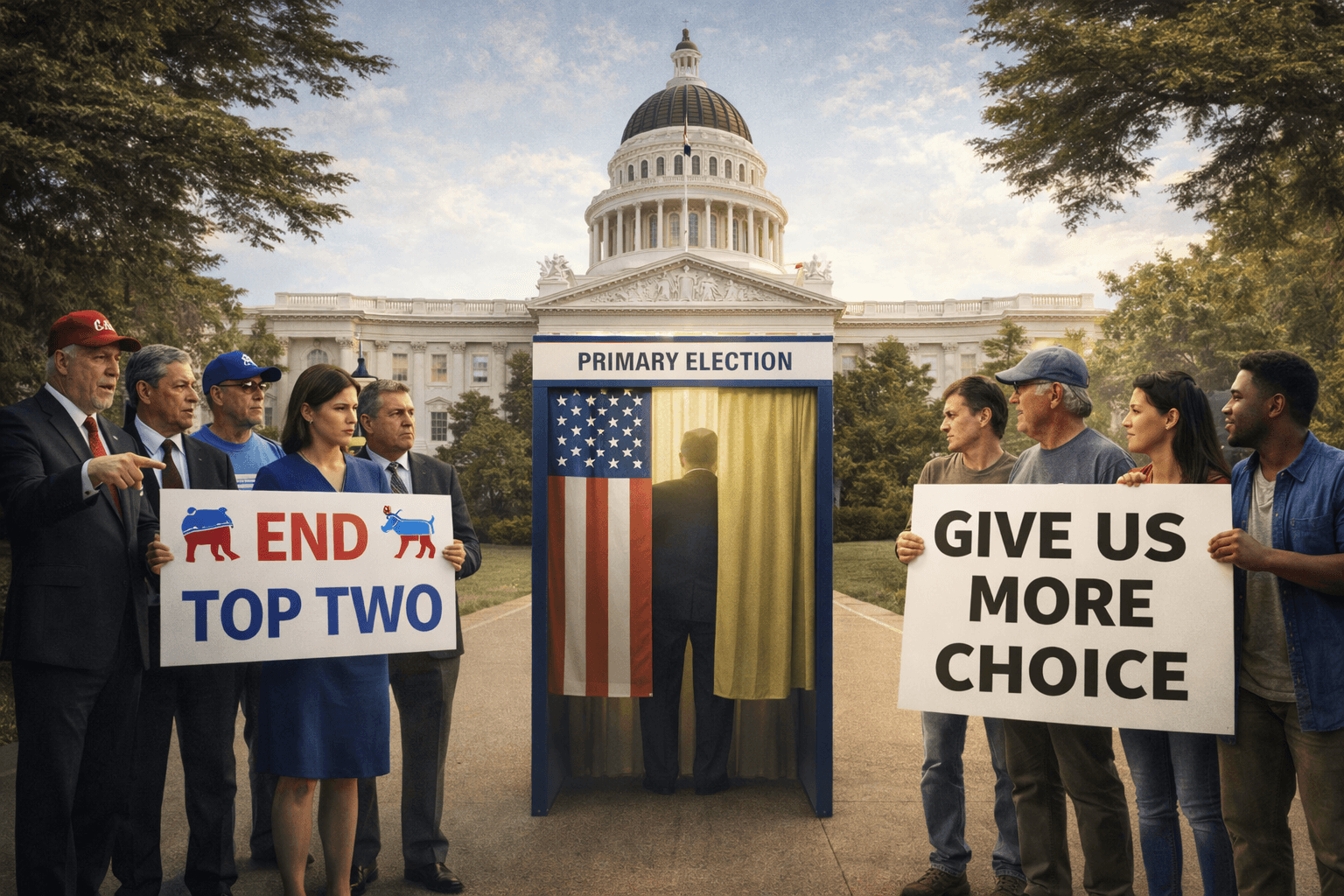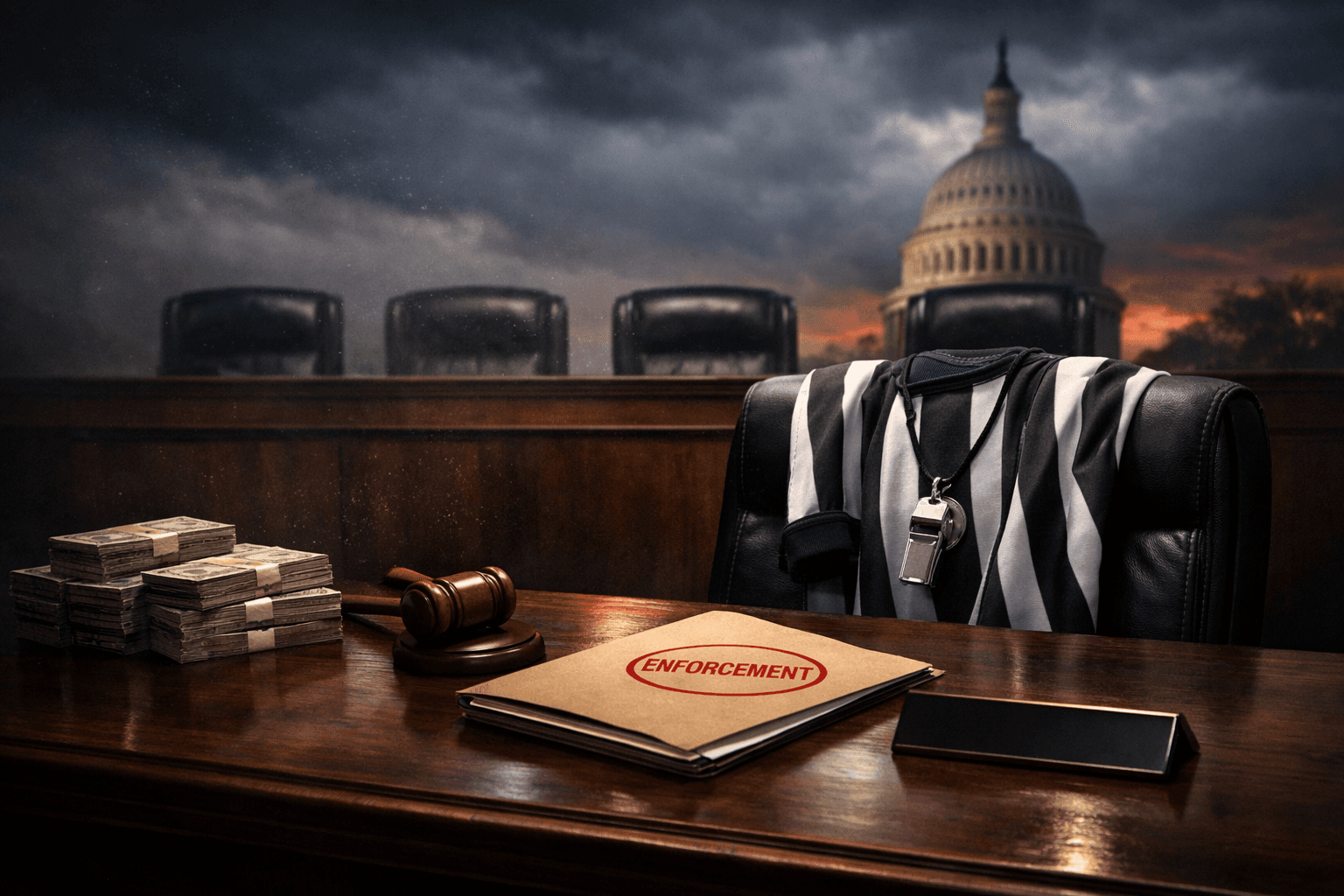House Bill Introduced to Protect All Voters' Rights to Participate in Taxpayer-Funded Elections

Photo by Wilmer Olano on Unsplash
A bipartisan group of lawmakers introduced a bill Thursday that would enshrine into law the right independent voters have to participate in all taxpayer-funded elections.
US Reps. Brian Fitzpatrick (R-PA), Jared Golden (D-ME), Andrew Garbarino (R-NY), and Marie Gluesenkamp Perez (D-WA) have sponsored the Let America Vote Act, which advocates for two key principles.
The first is that all eligible US citizens have the right to vote in any taxpayer-funded election for public office and this right cannot be conditioned on affiliation with a private political party.
The Let America Vote Act requires states to permit registered unaffiliated/independent voters to vote in all primary elections for federal offices, including US House and Senate.
Further, the bill stipulates that federal funds will be withheld from states that do not comply with the law and provides additional funds to states that transition to at least a semi-open primary system.
LEARN MORE: How Do Primary Elections Work? An Overview and Legal Analysis
The second principle in the bill is that noncitizens cannot and will not be permitted to vote in any taxpayer-funded election, which is already the law of the land, but the bill seeks to ease concerns over the integrity of elections.
"It's simple: every American citizen deserves to have their voice heard, and only American citizens should have the right and responsibility to exercise their vote," Fitzpatrick stated in a press release.
"This commonsense reform is not political or controversial. It ensures every US citizen, regardless of political affiliation, has the unequivocal right to vote while reinforcing election integrity by strictly prohibiting non-citizens from participating in taxpayer-funded elections."
Fitzpatrick represents a state that currently uses closed primary elections, which deny a substantial portion of the voting population access to the most critical stage of the elections process. The law would require Pennsylvania -- along with several other states -- to adopt a more inclusive primary system or lose federal funding.
The bill comes as a handful of states have moved to suppress the voting rights of independent voters while others have advanced increasingly popular reforms that guarantee more choice and competition in elections.
READ MORE: For Good or Bad, Primary Changes May Be Coming to Elections Near You
“Participating in our democracy is a central right of citizens, and voters unaffiliated with any political party deserve to have their voices heard throughout the entire political process," said Golden.
IVN has reported for more than a decade on how numerous studies show that most seats in Congress are decided in partisan primaries due to how safe electoral districts are for one party or the other.
These low-turnout elections cost taxpayers millions of dollars. This means all taxpayers, even when they are denied the right to vote.
The nonpartisan group Unite America has published a series of reports in 2024 on the "Primary Problem" nationwide and in individual states where millions of voters are denied an equal and meaningful say in elections.
The reports highlight how only 8% of eligible voters elect 83% of US House seats.
“By abolishing closed primaries nationwide, the Let America Vote Act represents the single greatest expansion of voting rights in a half-century, since the Twenty-sixth Amendment lowered the voting age in 1971," Unite America Executive Director Nick Troiano said in a statement.
"At a time when a majority of voters identify as independent –– including a majority of veterans who fought for our country and a majority of young people who are the future of our country — it’s unconscionable that closed primaries deny nearly 24 million unaffiliated Americans the right to vote in taxpayer-funded elections this year," he added.
 Shawn Griffiths
Shawn Griffiths






